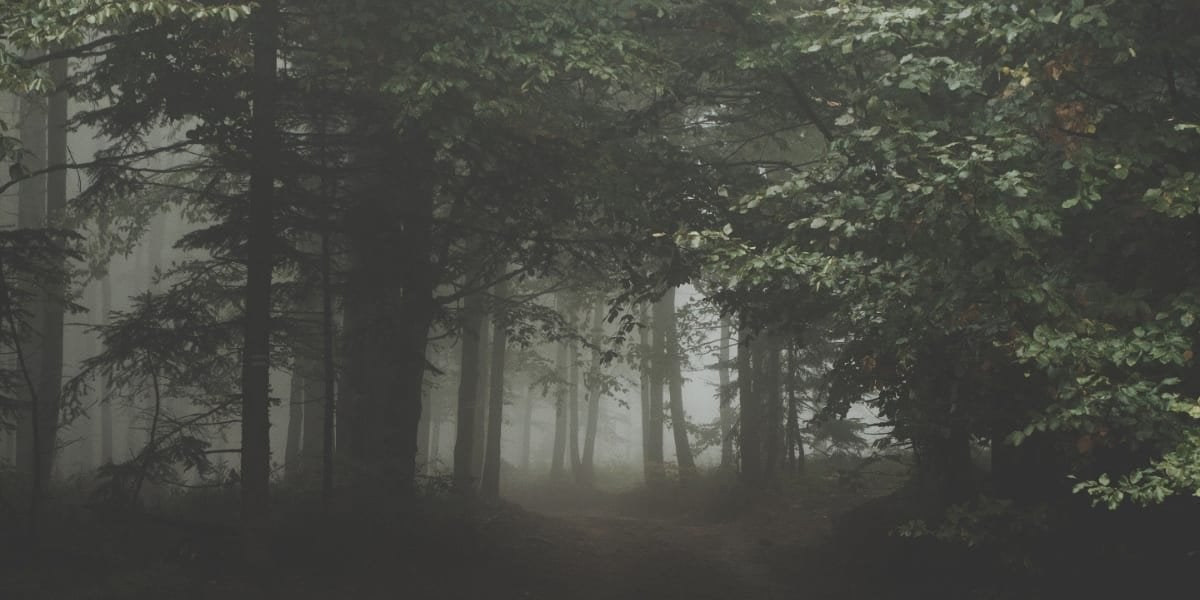
I’m testing out the platform micro.blog. At first glance, this looks like a Twitter alternative, as Twitter falls under the same ‘micro-blogging’ genre. The user types in a short update — 280 characters on micro.blog, links and Markdown code not included — and followers will see it. But on micro.blog you can go over the character limit. Then your full post moves over to a personal blog while a truncated version — linking to your post — appears in the feed. So, it’s like a combination of Twitter and a blogging platform.
The differences are more substantial than that. There are no targeted ads, or any advertising, on micro.blog. Instead, users pay $5 a month for an account. This fee not only means the platform doesn’t need ads but also keeps out the bots and most of the trouble-makers. This factor gives micro.blog a different feel than other social media places we’re used to. And as you may have guessed, the downside (?) is that there are also a lot fewer people there.
I haven’t touched on the most remarkable thing about micro.blog yet. When you post, there’s not a lot of opportunity for adrenaline-rush feedback. There are no ‘likes’ or hearts to click — you won’t receive the warm fuzzies of a tweet that’s hearted dozens of times. And, even more alien, you don’t know who follows you. You don’t even know how many people follow you. No one could be following you. Or hundreds. No way to know. You can see who other people are following — this helps with discovering who is on micro.blog. But if they follow you? That’s a mystery.
The only tap on the wall you’ll get from the cell next door is when someone responds to your post. And, being the only option, this seems to encourage people to interact. So far, in my limited experience, the users on this platform are friendly as can be. I’ve peeped in on a couple of disagreements, which were some of the nicest, most civil disputes I’ve seen. That’s jarring when you’re used to the discourse on Facebook or Twitter.
I signed up to experience a subscription-supported social media platform. That is, one that doesn’t do things like suck up personal data, use algorithms to hide posts, tolerate bots and unsavories to strengthen user numbers, or amplify contentious posts to increase angered engagement. I intended to give it a go for a couple of weeks solely for research and then move on. It’s educational, and I’m enjoying myself. It’s like I’ve stepped into an alternate timeline (no pun intended). I might stay.
Sometimes I wonder why I even need social media or an outlet like micro.blog. There is the ‘social’ in social media — keeping touch with friends. I would hope we could stay in touch with each other regardless. Then there’s the town-crier aspect. We want to tell others about the cool things we’ve found, like that hilarious video or the article that totally captures how we feel. I also like using social platforms as a notepad to keep track of things I might want to remember later (like those hilarious videos and spot-on articles).
——————

The cry to ‘delete Facebook’ is particularly loud at the moment. It’s always been in the background — remember six years ago when everyone was going to ditch Facebook for Ello? But with all the recent infuriating activities of Zuckcorp, many have reached a tipping point. And rather than a threat of ‘we’re leaving for someone else,’ the voices are simply saying, “We’re leaving.”
Here are one blogger’s reasons for leaving. And here’s a zeitgeist-y piece in Wired with instructions for deleting social media accounts. Writer and investor Om Malik is vocal about this, too, writing, “If you believe that Facebook is causing long-term damage to our society, and you don’t agree with their values or their approach to doing business, you can choose to leave.” But it’s author Alan Jacobs who really speaks to the punk rock kid living inside my brain:
When you use the big social media platforms you contribute to their power and influence, and you deplete the energy and value of the open web. You make things worse for everyone. I truly believe that. Which is why I’m so obnoxiously repetitive on this point.
——————

Kickstarter founder Yancey Strickler has written about what he calls The Dark Forest Theory of the Internet. He bases his thesis on the metaphor of wandering through a forest at night, which seems quiet and empty. But the forest is teeming with life — everything’s just hiding.
Strickler believes this is what the internet will become as people go off into their private groups and corners of the ‘indie web.’ Then Facebook, Twitter, and corporate social media will get left with the users who are screaming, antagonizing, and spreading untruths. Strickler fears that rather than isolating ugly voices, the ‘dark forest’ might increase their influence:
It’s possible, I suppose, that a shift away from the mainstream internet and into the dark forests could permanently limit the mainstream’s influence. It could delegitimize it. In some ways that’s the story of the internet’s effect on broadcast television. But we forget how powerful television still is. And those of us building dark forests risk underestimating how powerful the mainstream channels will continue to be, and how minor our havens are compared to their immensity.
I’m doubtful. I think there’s a difference between what Strickler calls ‘the mainstream internet’ and the manipulative, corporate, and closed internet we’re escaping. The screamers and the antagonizers are already doing a great job influencing powerful media, and they do it partly by influencing us. We talk about this ugliness on social media, we argue and engage with it, we even ‘retweet’ or share its messages with or without commentary. Then our reactions are amplified by an algorithm that feeds on conflict and anger. Often we spread the awfulness by merely being alongside it.
I don’t think it’s their forest we’re hiding in. If any part of the internet is ‘mainstream’, then it’s the part that’s not closed-off, disagreeable to our values, and sucking our personal data like mosquitos in a rank swamp. Inverting Strickler’s analogy, we should aspire for a forest where we can walk freely in the daylight. Let’s push the screamers to hide in the darkness.
This post was adapted from Ringo Dreams of Lawn Care, a weekly newsletter loosely about music-making, music-listening, and how technology changes the culture around those things. Click here to check out the latest issue and subscribe.
[…] to say in a recent Motive Unknown newsletter. It’s not a secret that I’m no fan of social media (esp. Zuckbook). You might not know that I’m presently doing a lot of research into how […]